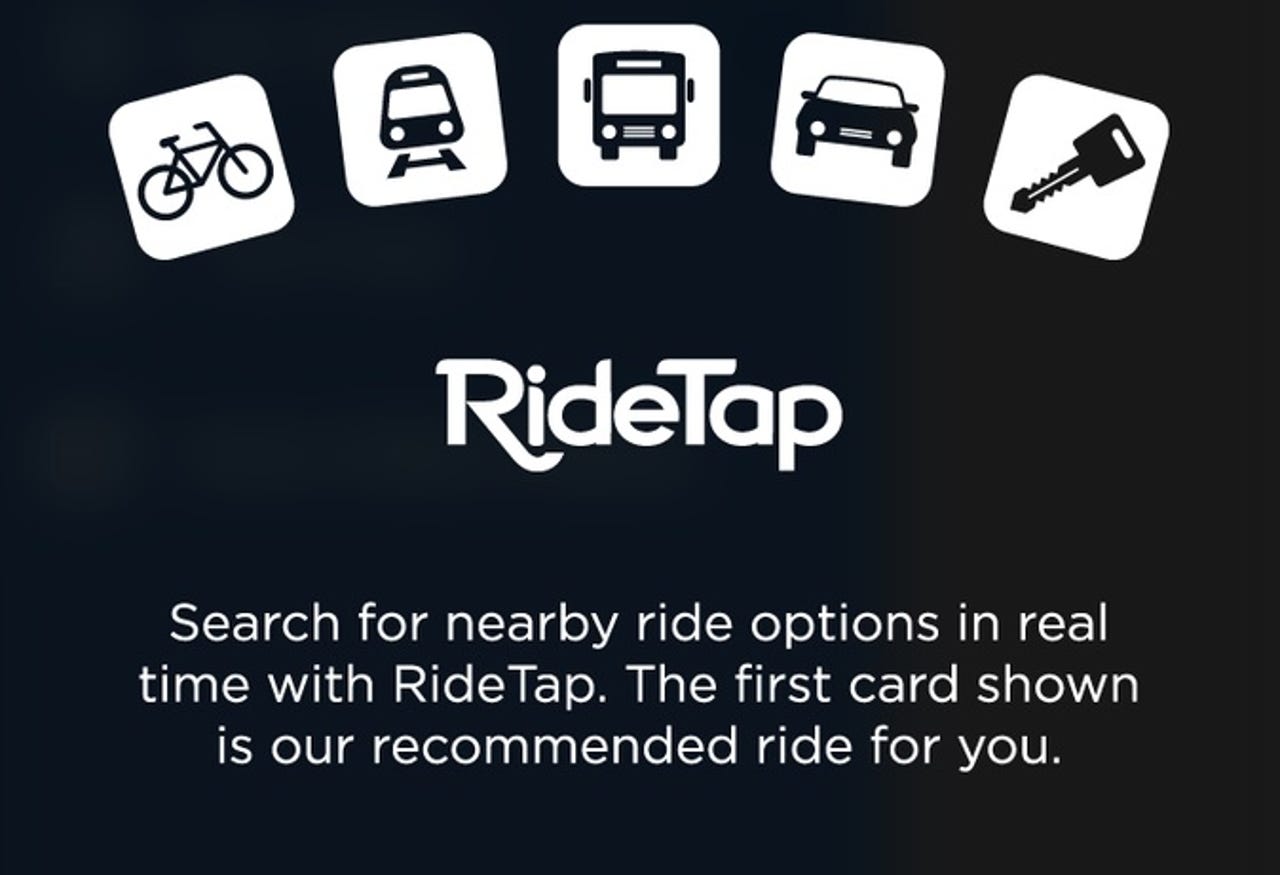Why is Daimler trying to help you ride the bus?


Nat Parker, a self-described transit geek, has loved public transportation since he was a kid exploring the city of Arlington, Virginia with a Metro card swinging from a lanyard around his neck. So when he founded a mobile ticketing firm in 2007 designed to make public transportation easier to use, Daimler was probably the last big company he'd expect to come knocking at his door.
"I would never have imagined that my acquirer would be the inventor of the automobile," said Parker, who now serves as CEO as the Daimler-owned firm Moovel North America.
The German automaker acquired Parker's Portland-based company, GlobeSherpa, in 2015. This past April, GlobeSherpa was merged with the Austin-based ride-sourcing company RideScout to create Moovel North America.
While seemingly counterintuitive, Daimler's interest in the public transportation sector illustrates the way car companies are vying to stay relevant in a rapidly evolving and diversifying transportation ecosystem. OEMs are working with mobility service providers like Uber and Lyft. They're partnering with tech companies on game-changing autonomous vehicles. And they're building relationships with public transit systems that cater to an increasingly urban population.
"Daimler is positioning itself at the vanguard of this new movement," Parker said. The auto company is "by no means silent, but behind the scenes, moving the chess pieces."
Those chess pieces include Moovel and the Daimler-owned car sharing service Car2Go. With last month's launch of Moovel's SDK called RideTap, they're also building a nascent list of partners, starting with Lyft.
RideTap allows any third party to tap Moovel's list of partners for transportation options. TriMet, Portland's public transportation agency, is the first entity to integrate RideTap into its app. TriMet in 2013 turned to GlobeSherpa to build its mobile ticketing app. Now, instead of just buying a ticket for the bus or the lightrail, TriMet customers can click on "more rides nearby" to order a Lyft ride or a Car2Go rental. Those options should help TriMet address the "first and last mile" problem -- in other words, public transit riders could use Lyft or Car2Go to get from their house to the lightrail station. Later this summer, Portland's upcoming bike sharing service Biketown will also show up as a RideTap partner.
The beauty of RideTap is that it positions Moovel at the center of the transportation sector's fast-moving changes. Some transportation options may come and go: ride sharing services could disappear from a city like Austin, while some public transportation methods could see their funding dry up on a political whim. RideTap can let consumers painlessly adapt to those circumstances.
"We're in a position to be an aggregator and offer choice," Parker explained.
And while Moovel launched RideTap with TriMet, the toolkit could be used by any third-party vendor, like a hotel chain with guests that need to get around an unfamiliar town, or a service like Yelp with users who need to get to a new restaurant.
This kind of integration, Parker says, should provide a more seamless experience for consumers tired of jumping from app to app to plan out their day. It's the sort of consolidation of services already taking place on tools like Facebook Messenger, which uses bots to let users communicate with other companies within the platform.
RideTap also anticipates other emerging trends like the move away from car ownership. As Mary Meeker noted in her annual Internet Trends report, car ownership is expected to drop off, even though the miles logged on self-driving vehicles could surpass current levels. It's no surprise, then, that like Daimler, other traditional automakers are trying to transform to be more service and subscription oriented. For instance, Ford launched its Ford Mobility subsidiary to explore new business models, as well as the intersection of tech and the driving experience. General Motors, meanwhile, has invested in Lyft.
Moovel has yet to release any data regarding RideTap, but the usage and conversion rates are "very encouraging," Parker said.
TriMet was a natural fit for the SDK, given its existing partnership with Moovel: The agency's Moovel-built app has 250,000 active users and processes several million in ticket transactions a month. Moovel has partnerships with more than a dozen transit agencies across the nation, though Parker stressed that RideTap's growth shouldn't be driven by geography.
"We see it growing in a network-affect fashion," he said.
All the while, Daimler is developing self-driving vehicle technology just miles from Moovel's headquarters -- the Daimler Inspiration, the world's first licensed self-driving semi truck was largely developed at Daimler Trucks North America's HQ in Portland.
Once Daimler is ready to roll out a fleet of self-driving cars, it could tap into the RideTap network and find an entire customer base waiting for a ride.